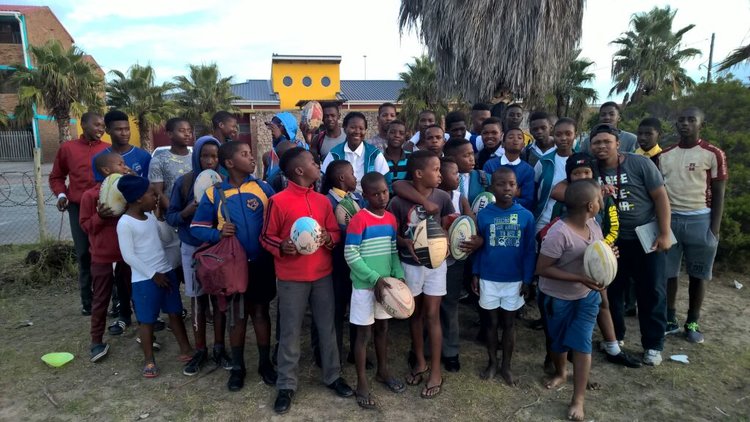Inclusivity is the key to a thriving sport, and to cast the net as wide as possible demands that we expose the game to as many as possible, writes RYAN VREDE.
‘You can’t be what you can’t see.’
These words were spoken by social justice activist Marian Wright Edelman in Jennifer Siebel Newsom’s 2011 documentary Miss Representation. The film investigates the depth and effect of the media’s failure to realistically represent women, but the meaning and gravity of Wright Edelman’s statement transcends women’s rights issues and resonates with marginalised groups at large.
Kids from disadvantaged communities first have to see successful reference points in a profession they are unfamiliar with for them to be moved to follow the same or a similar path.
There is an ongoing battle between the Independent Communications Authority of South Africa (Icasa) and SuperSport. Icasa wants to amend sports broadcasting regulations to ensure events of national interest, such as Vodacom Super Rugby and the World Cup, receive full – and free – live coverage.
SuperSport owns the rights to the majority of these events and doesn’t want to lose its cash cow. The exorbitant price paid for these rights means free-to-air broadcasters can’t compete. The only realistic hope they have is a legislative intervention, which is looking increasingly likely.
SA Rugby chief executive Jurie Roux quite recently claimed losing the broadcasting revenue, which constitutes 57% of the organisation’s income, would ultimately kill rugby. ‘Exclusivity is key in sport and the current regulations strike a good balance. But at this rate there won’t be sport in five years and there won’t be the Springboks,’ he warned.
Actually, exclusivity is key to the business of sport. Inclusivity is the key to a thriving sport.
Part of the problem is there are only two players in this maul: pay-TV and free-to-air operators. This is largely due to inadequate affordable, high-speed internet access.
In developing countries streaming services such as Amazon, YouTube and Yahoo are changing the traditional broadcasting landscape by snapping up the rights (exclusive and non-exclusive) to major sporting events. This is the future, because the sports-loving public is sick and tired of being forced to pay inflated subscription fees for the option of watching Big Brother Nigeria on Africa Magic, when all we really want are the sport channels.
We are victims of our love for sport, so we pay the subscription fee. Even those earning a minimum wage, because they too need some form of escapism.
Without money there is no rugby, and there is no simple solution to what is quickly becoming a national crisis. I don’t know what that solution is, but there are people far smarter than I and who are paid Saudi-prince money to figure things like this out.
If SA Rugby and the government are as serious about transformation as they say they are, they have to show kids in townships and rural areas all they can be.





